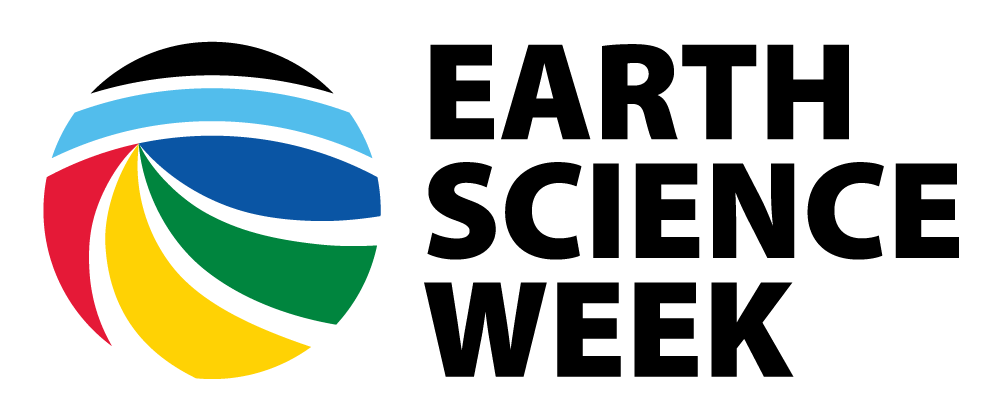Earth Science Week Classroom Activities
Land and People: Finding a Balance
Activity Source:
Adapted with permission by U.S. Geological Survey
This environmental study project allows a group of students to consider real environmental dilemmas concerning water use and provide solutions to these dilemmas. The student packet (see Materials below) gives students most of the information they’ll need to answer the Focus Question, information such as maps, data, background, a reading about the region, and a description of the “Interested Parties,” or the various interest groups that have a stake in the outcome of the Focus Question. While they are working on this project, each member of the group will take a role or become one of the interested parties. At the end of this project, each group will be asked to present and justify a solution to the environmental dilemma.
This activity is a case study of Cape Cod, Massachusetts. The USGS Learning Web features similar project materials for environmental problems in the Everglades and Los Angeles at https://online.wr.usgs.gov/outreach/landpeople/main/.
Materials
- Printed copies of Student Materials for each student, available at https://online.wr.usgs.gov/outreach/landpeople/documents/CapeCodst.pdf.
Procedure
1. Distribute Student Materials. Ask students to read the first article from “The Enemy Within: The Struggle to Clean Up Cape Cod’s Military Superfund Site” by Seth Rolbein, Chapter 1: A Watershed Place, A Watershed Moment, 1995.
2. Discuss the article and the Focus Question as a class:
“Cape Cod has a serious problem with its groundwater. During the past six decades, activities of the Massachusetts Military Reservation — formerly known as Camp Edwards, then Otis Air Force Base — on the Upper Cape have resulted in contamination of billions of gallons of underground water. (The Upper Cape is the western part of Cape Cod, including the following towns: Bourne, Sandwich, Barnstable, Mashpee, and Falmouth.)
“You and your group are members of a blue-ribbon panel that has been formed to present a plan for providing safe, drinkable water to the Upper Cape for the next 10 years. You know of the contamination problem of the underground water supply. You also know how many Cape Cod residents will require water; your panel has been given data that describe the predicted increase in the region’s population. Now, you and the members of your panel must figure out how the Upper Cape will meet its need for safe groundwater in spite of the vulnerability of its water supply to contamination.”
3. Divide the class into groups of six. One person should represent each Interested Party (the military, regulatory agencies, municipal water managers, cancer victims’ rights group, environmentalists, homeowners). More information about these parties can be found in the Student Materials.
4. Each group should research, discuss, and debate the focus question and come up with a solution to the problem. Have the groups present their solutions to the class.
